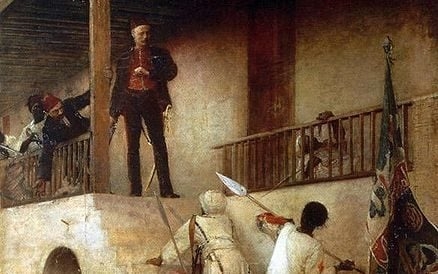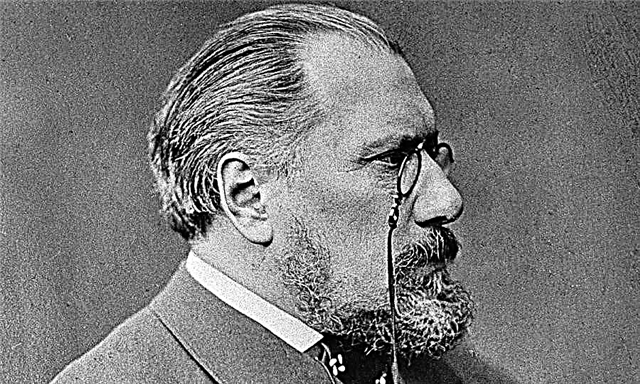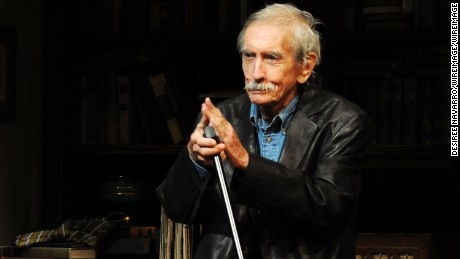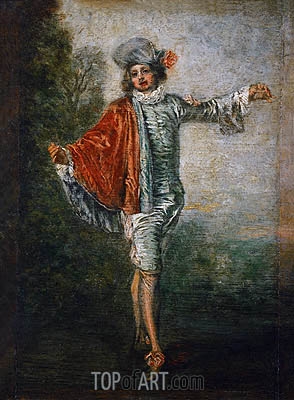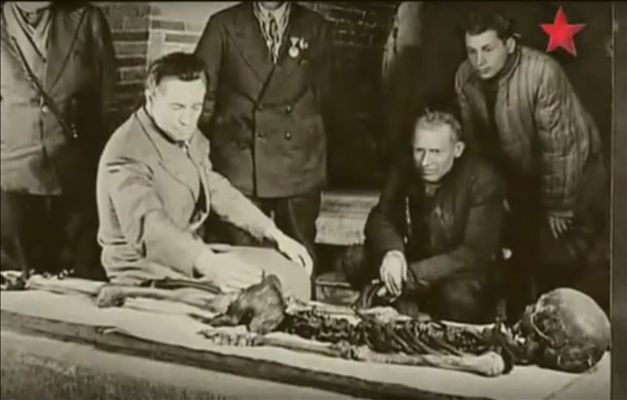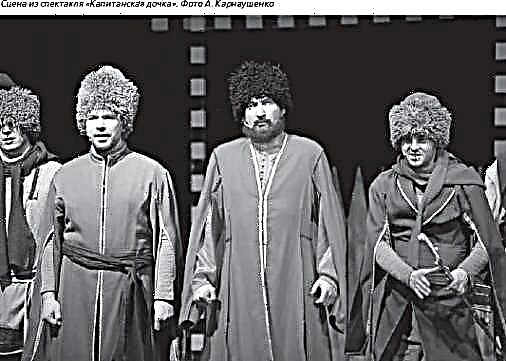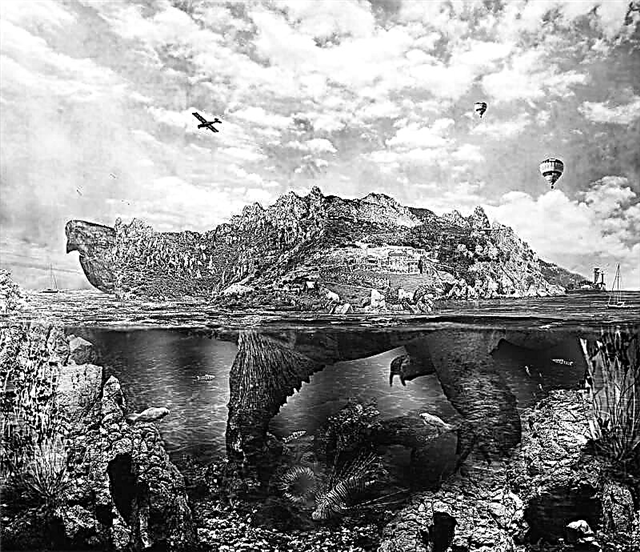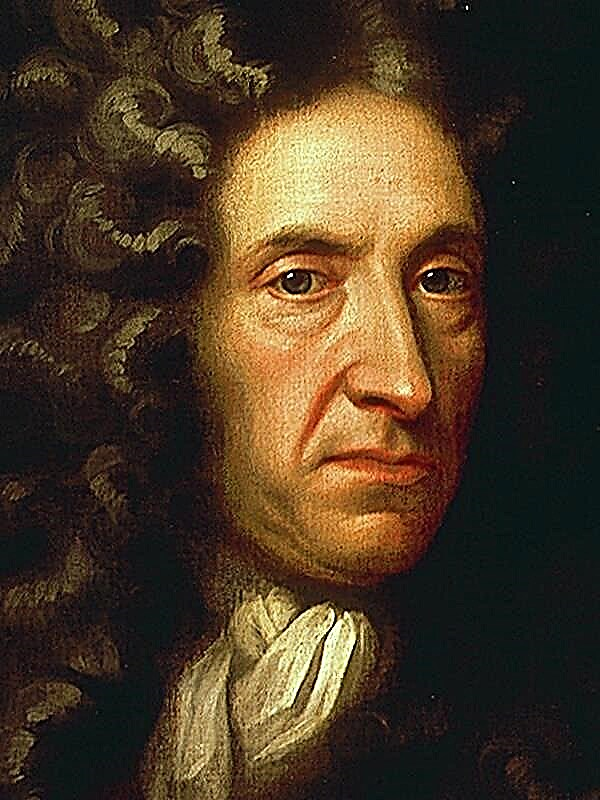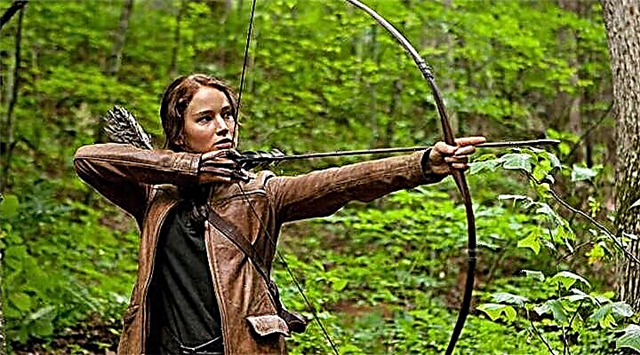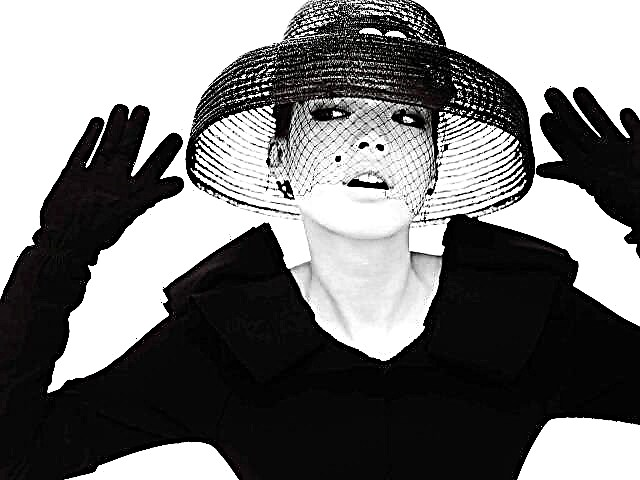Cyril the monk is a parable about the human soul, and about the body, and about the violation of God's commandment, and about the resurrection of the human body, and about the final judgment, and about torment.
The orator and preacher Kirill Turovsky (XII century) uses in his parable the well-known story about the soul and body, which appear here in the images of the blind and the lame. In this work, not the plot itself is of interest, since it is traditional, but its interpretation (also traditional in essence, but written at a high artistic level).
Some domovy person, by which the author means God Almighty, planted a vineyard. Food is the word of God, and the uncovered gate that the house-keeper has left is the dispensation of God's creature. The author further explains that the lame man is the human body, and the blind man is the soul. A little man hires both of them to guard the vineyard, thinking that they will not be able to steal themselves and therefore will be good watchmen. But the lame man and the blind man agree that the blind man will carry the lame man in his arms, and that man will show the way. Thus, the watchman robs his master. The house-keeper commands to drive them out of service, and they, blaming each other for everything, try to justify themselves.
This parable also ends with an interpretation, but already concentrated in one paragraph: if a person violates the commandments of God (in this parable - the fence of the vineyard), for which he is condemned to death, then the soul comes to God first.She tries to unlock and says: "Not me, but the body committed all these sins." Therefore, the God of the soul waits until the second coming. And when the time of the Last Judgment comes, they will go into bodies and accept what everyone is entitled to.

